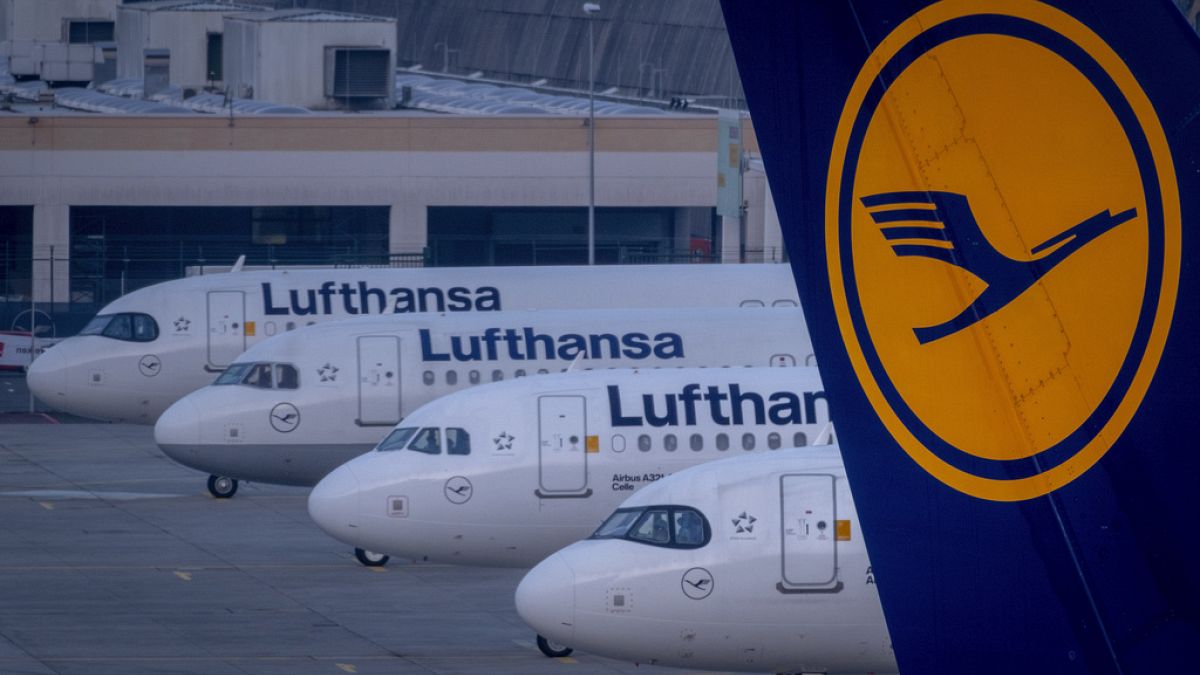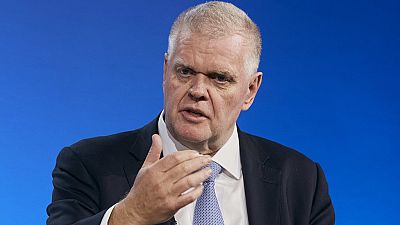Despite a disappointing first quarter, the airline expects a record summer boosted by leisure as well as business travellers, leading to more plans to expand the company’s long-haul routes.
German national carrier Lufthansa reported its first quarter 2024 earnings on Tuesday, clocking in an operating loss of -€849 million, a steep plunge from Q1 2023's loss of -€273 million euros. However, the group saw its revenue for the first quarter rise 5% year-on-year to €7.4 billion, up from €7 billion in Q1 2023.
Net loss for the group was -€734 million, down from Q1 2023's -€467 million.
This was mainly due to ongoing strike actions by both Lufthansa's employees, as well as partner companies' employees, which also affected the wider airline industry. Unit costs for Lufthansa's Passenger Airlines arm also rose by 2.9% year-on-year as a result of the strikes.
Lufthansa Cargo saw revenues settle, following the boost provided by the pandemic over the past couple of years, further dragging down total group revenues.
In the first quarter of the year, the airline saw the number of passengers reach 24 million, a rise of 12% from Q1 2023's 22 million.
However, because of the exceedingly high losses seen in Q1 of this year, the airline has announced it has already started plans to stabilise earnings in the coming few months. These include reconsidering the number of administrative staff, halting new projects as well as slashing operating costs.
The group now expects adjusted earnings before interest and taxes (EBIT) to be about €2.2 billion for the entire 2024.
Carsten Spohr, chairman of the executive board and chief executive officer (CEO) of Deutsche Lufthansa AG said, in a statement: "We are now leaving the first quarter behind us, which was mainly impacted by strikes, and are at a turning point. We have reached long-term wage agreements for the majority of our employees.
"This means planning certainty and clarity for the coming years. We are still seeing strong demand, which is even significantly higher than last year for the summer. We are therefore continuing to expand our offering and are growing on long-haul routes in particular.
"Our planes remain well filled throughout. One thing is already clear: it will be another very strong summer. I am particularly pleased that we are continuing to see a very positive trend not only among leisure but also business travellers. We are now devoting all our energy to further expanding our premium customer offers and ensuring punctual and reliable flight operations."
Remco Steenbergen, chief financial officer (CFO) of Deutsche Lufthansa AG also said in the statement: "We cannot be satisfied with the operating result for the first quarter; at more than €350 million, the various strikes had a significant impact on our result. Nevertheless, cash flow was positive due to the continuing high demand for air travel.
"We were also able to further strengthen our balance sheet. In the coming months, we will work intensively to compensate for the effects of rising costs. We have taken additional measures to this end, particularly at Lufthansa Airlines, which is significantly affected by rising personal expenses and fees.
"I therefore remain convinced that we will be able to achieve stable unit cost development for the year as a whole without taking the strikes in the first quarter into account."



